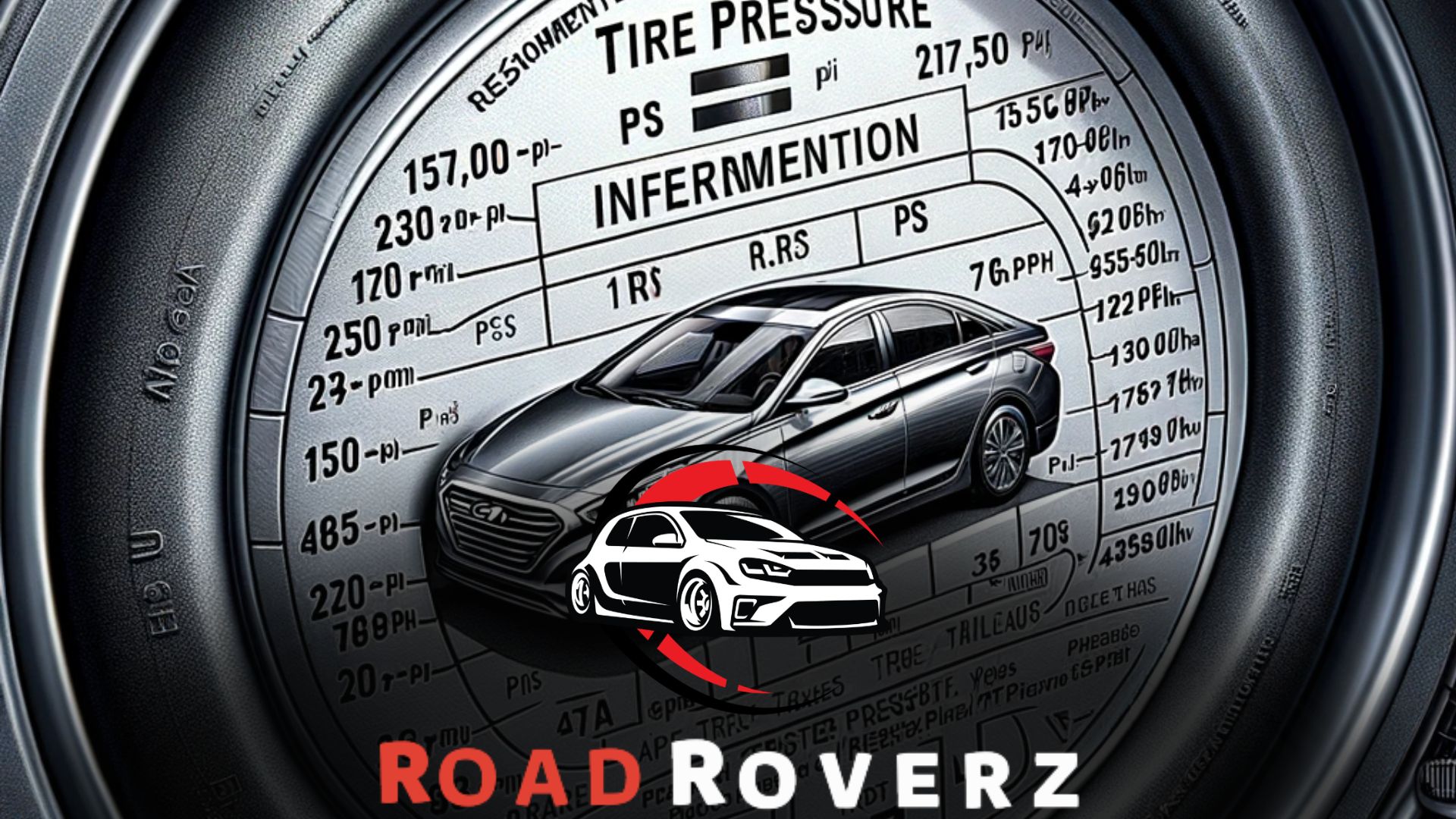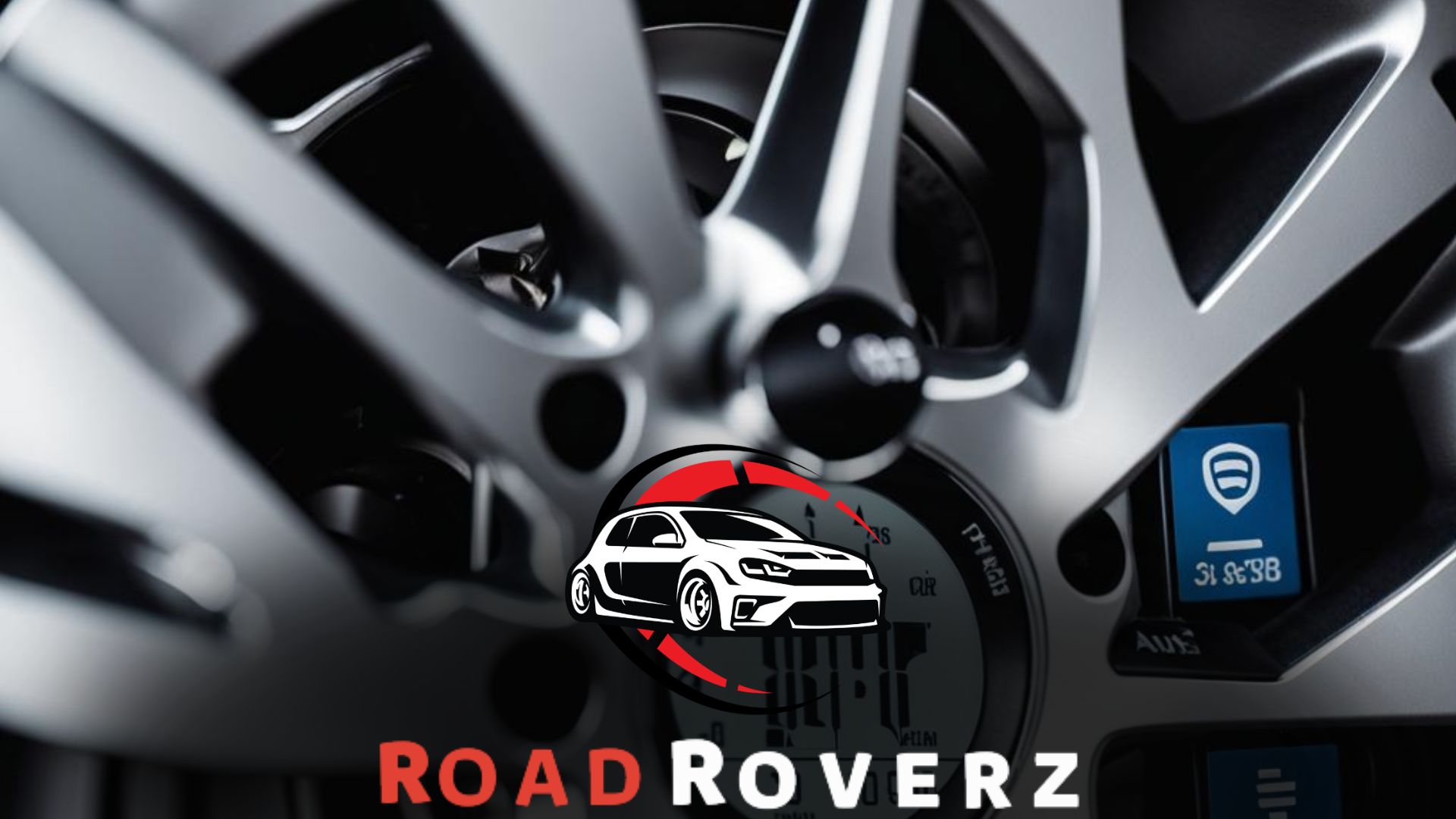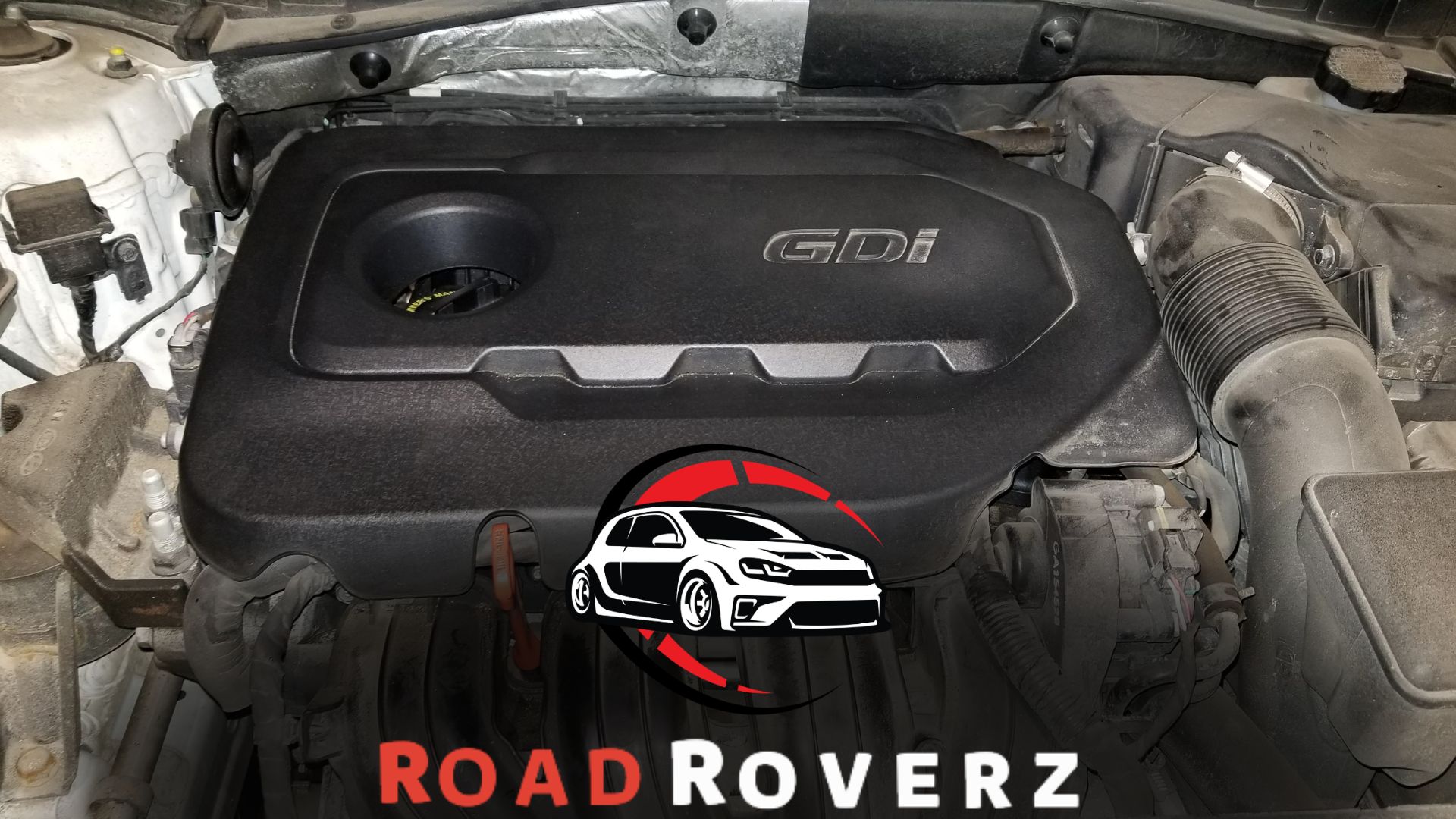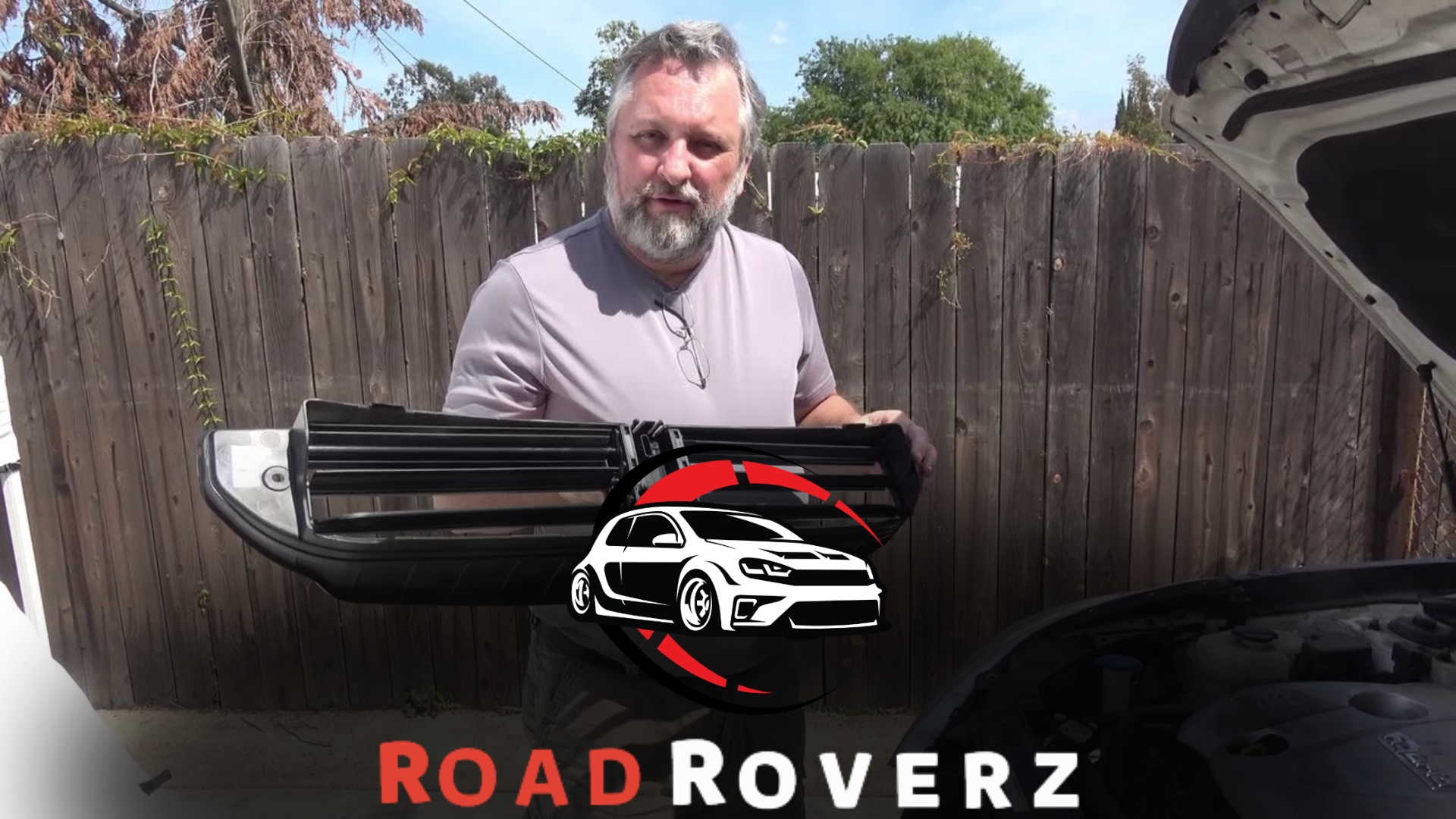The Hyundai Sonata takes regular unleaded gasoline. The Hyundai Sonata is compatible with regular unleaded gasoline for optimal performance.
When fueling up your Hyundai Sonata, regular unleaded gasoline is the recommended choice. The vehicle operates efficiently and effectively with this type of gas.
The Basics of Fuel for Hyundai Sonata

The Hyundai Sonata requires regular gasoline to power its engine efficiently, ensuring optimal performance and fuel economy. Choose a reputable fuel brand and follow the manufacturer’s guidelines for best results.
Fuel Requirements for the Hyundai Sonata
Like any other vehicle, the Hyundai Sonata requires specific fuel to operate efficiently. Here are the key fuel requirements for the Hyundai Sonata:
- Fuel Type: The Hyundai Sonata is designed to run on gasoline fuel.
- Octane Rating: Using the recommended octane rating for your Sonata is essential, as it can affect its performance.
The Recommended Octane Rating for Hyundai Sonata
The octane rating indicates the fuel’s ability to resist engine knocking. To ensure optimal performance, Hyundai recommends using fuel with an octane rating of 87 or higher for the Sonata.
Higher octane fuel might seem a better option but may not provide additional benefits. However, using a lower octane fuel than recommended can lead to engine knocking, reduced fuel efficiency, and potential engine damage.
Understanding the Fuel System of the Hyundai Sonata
The fuel system of the Hyundai Sonata plays a crucial role in delivering fuel to the engine. Here’s an overview of the fuel system components and their functions:
- Fuel Tank: The fuel tank is where gasoline is stored until the engine needs it.
- Fuel Pump: The fuel pump transfers fuel from the tank to the engine.
- Fuel Filter: It removes impurities from the fuel before it reaches the engine.
- Fuel Injector: The fuel injector sprays fuel into the combustion chamber for combustion.
- Throttle Body: The throttle body regulates the amount of air that enters the engine for combustion, working in conjunction with the fuel system.
Understanding the fuel system of your Hyundai Sonata ensures that you can take proper care of it, helping maintain its performance and longevity.
Now that you have a good grasp of the basics of fuel for the Hyundai Sonata, you can confidently ensure that you meet the fuel requirements, use the recommended octane rating, and understand the fuel system components.
These steps will contribute to a smooth and efficient driving experience in your Hyundai Sonata.
Popular Fuel Options for Hyundai Sonata
The Hyundai Sonata offers popular fuel options, including regular unleaded gasoline. This fuel type ensures optimal performance and efficiency for the vehicle.
With its sleek design, powerful engine, and advanced features, the Hyundai Sonata is gaining popularity among drivers. One crucial aspect to consider when owning a Hyundai Sonata is the type of fuel it requires.
Selecting the right fuel can optimize the vehicle’s performance and fuel economy.
This blog post will explore the popular fuel options for the Hyundai Sonata, including unleaded gasoline, premium gasoline, and flex-fuel options.
Unleaded Gasoline: a Cost-Effective Choice for Hyundai Sonata
- Most Hyundai Sonata models are designed to run efficiently on unleaded gasoline.
- Unleaded gasoline is widely available at gas stations and is generally more affordable than premium gasoline.
- Running your Sonata on unleaded gasoline can help maintain its engine’s longevity and performance.
- It is essential to use the specified octane rating recommended by Hyundai for optimal fuel efficiency and engine performance.
Premium Gasoline: is It Worth the Extra Cost for Hyundai Sonata?
- Some Hyundai Sonata models offer the option to use premium gasoline with a higher octane rating than unleaded gasoline.
- Premium gasoline may provide slight performance improvements, especially for high-performance Sonata models.
- Although premium gasoline typically costs more than unleaded petrol, drivers who prioritize enhanced engine performance may find it worthwhile.
- It is essential to consult the Sonata’s owner manual or contact a Hyundai dealership to determine whether your specific model requires or benefits from premium gasoline.
Flex Fuel Options: What to Know About E85 for Hyundai Sonata
- Specific Hyundai Sonata models are designed to be compatible with flex-fuel, specifically E85.
- E85 is a blend of 85% ethanol and 15% gasoline, making it an alternative fuel option for environmentally-conscious drivers.
- Using E85 can help reduce carbon emissions and decrease dependence on fossil fuels.
- However, it is crucial to check if your Hyundai Sonata model is specifically designed to run on E85, as some models may have limited or no compatibility.
When selecting the appropriate fuel for your Hyundai Sonata, it is essential to consider factors such as fuel availability, cost, and any specific requirements or recommendations provided by Hyundai.
By choosing the right fuel and following the manufacturer’s guidelines, you can ensure optimal performance and efficiency for your Sonata.
Remember to refer to your Sonata’s owner manual or consult a professional if you have any doubts or questions regarding the fuel options for your vehicle. Happy driving!
Fuel Efficiency Tips for Hyundai Sonata Owners
The Hyundai Sonata is a fuel-efficient vehicle that takes regular gasoline, making it a cost-effective choice for owners.
By practicing fuel efficiency tips like maintaining proper tire pressure and avoiding excessive idling, Hyundai Sonata owners can optimize their gas mileage and save money in the long run.
Fuel-Saving Driving Habits for Hyundai Sonata
- Maintain a steady speed: Avoid sudden acceleration or braking as it increases fuel consumption.
- Use cruise control: Engage cruise control on open roads to maintain a consistent speed and improve fuel efficiency.
- Avoid idling: Turn off the engine when waiting extended periods to save fuel.
- Plan your route: Opt for routes with less traffic or congestion to minimize unnecessary idling and save fuel.
- Avoid aggressive driving: Rapid acceleration and excessive braking burn more fuel, so drive smoothly and calmly.
- Keep a moderate speed: Driving at high speeds increases air resistance and fuel consumption, so stay within the speed limit.
- Lighten the load: Remove any unnecessary items from your Hyundai Sonata to reduce weight and increase fuel efficiency.
- Close windows at high speeds: Open windows create drag, making your vehicle less aerodynamic, so close them when driving on the highway.
- Use premium fuel selectively: Premium fuel may not always be necessary, so check your vehicle’s manual to determine the recommended fuel type.
- Avoid excessive air conditioning: While it’s essential for comfort, using the AC continuously can increase fuel consumption.
Importance of Regular Maintenance for Optimal Fuel Efficiency in Hyundai Sonata
Regular maintenance is crucial in ensuring your Hyundai Sonata’s optimal fuel efficiency. Here are some key aspects to consider:
- Keep tires properly inflated: Underinflated tires create drag and decrease fuel efficiency, so check and maintain the recommended tire pressure.
- Change engine oil regularly: Dirty oil can hinder engine performance and reduce fuel efficiency, so follow the manufacturer’s guidelines for oil changes.
- Replace air filters: Dirty air filters restrict airflow to the engine, reducing fuel efficiency. Regularly replace them as per the recommended maintenance schedule.
- Maintain proper wheel alignment: Misaligned wheels can cause increased rolling resistance and decreased fuel economy. Regularly get your wheels aligned.
- Check spark plugs: Worn-out or damaged spark plugs can impact fuel combustion and efficiency. Inspect and replace spark plugs as needed.
- Ensure a functioning oxygen sensor: A faulty oxygen sensor can disrupt the air-fuel mixture, decreasing fuel efficiency. Regularly inspect and replace if necessary.
- Maintain a clean fuel system: Regularly clean the fuel injectors and intake valves to prevent clogs and ensure optimal fuel delivery.
- Keep the vehicle’s weight balanced: Avoid overloading your Hyundai Sonata, as it can strain the engine and decrease fuel efficiency.
- Stay up-to-date with scheduled maintenance: Adhere to the recommended maintenance schedule in your owner’s manual to keep your vehicle in optimal condition.
How to Track and Improve Fuel Economy in Hyundai Sonata
To track and improve your Hyundai Sonata’s fuel economy, consider the following tips:
- Monitor fuel consumption: Calculate your vehicle’s fuel efficiency by dividing the distance traveled by the fuel used. Keep a record and compare results.
- Utilize onboard technology: Check your Sonata’s built-in fuel economy display or use a fuel economy smartphone app to track your driving habits and adjust accordingly.
- Modify driving habits: Analyze your driving patterns and identify areas for improvement, such as reducing idle time, avoiding abrupt acceleration or braking, and maintaining a steady speed.
- Optimize tire pressure: Regularly check and adjust tire pressure based on the manufacturer’s recommendations, as underinflated tires can impact fuel economy.
- Keep up with maintenance: Follow the recommended schedule; well-maintained vehicles have better fuel economy.
- Choose the right fuel: Use the recommended fuel type to ensure optimal performance and efficiency for your Hyundai Sonata.
- Consider aerodynamics: Remove roof racks or unnecessary accessories that can create wind resistance, impacting fuel economy.
- Plan your trips efficiently: Combine multiple errands into one trip to minimize total mileage and maximize fuel efficiency.
- Carpool or share rides: If possible, share rides with others to reduce the number of vehicles on the road and save fuel.
- Explore alternative options: Consider public transportation, walking, or cycling for shorter trips instead of relying solely on your Hyundai Sonata.
Remember, implementing these fuel-saving driving habits, performing regular maintenance, and actively tracking and improving fuel economy can help you get the most out of your Hyundai Sonata while reducing your environmental impact.
Frequently Asked Questions
What Kind of Gas Does a Hyundai Sonata Take?
A Hyundai Sonata takes regular gasoline for fuel.
Can I Put 87 Gas in My Hyundai Sonata?
Yes, you can use 87 gas for your Hyundai Sonata.
Can I Put Regular Gas in My Hyundai Sonata?
Yes, you can use regular gas in your Hyundai Sonata without issues.
What Gas Does a 2023 Hyundai Sonata Take?
The 2023 Hyundai Sonata requires regular gasoline for optimal performance.
What Type of Gas Does the Hyundai Sonata Take?
The Hyundai Sonata takes regular unleaded gasoline, commonly known as 87 octane.
Conclusion
Understanding the type of gas your Hyundai Sonata takes is essential for optimal performance and efficiency.
Following the manufacturer’s recommendations and using the recommended octane rating ensures that your Sonata engine operates smoothly and efficiently.
Regularly checking your gas cap and fuel system for any issues or damages can also contribute to the overall health of your vehicle.
Remember to consult your owner’s manual or contact your nearest Hyundai dealership for clarification if you are unsure about the required fuel type.
You can enjoy a smoother and more reliable driving experience in your Hyundai Sonata by taking the necessary steps to ensure you use the proper gas.
So, please pay attention to this critical detail and fuel your Sonata with the suitable gas to keep it running at its best.













